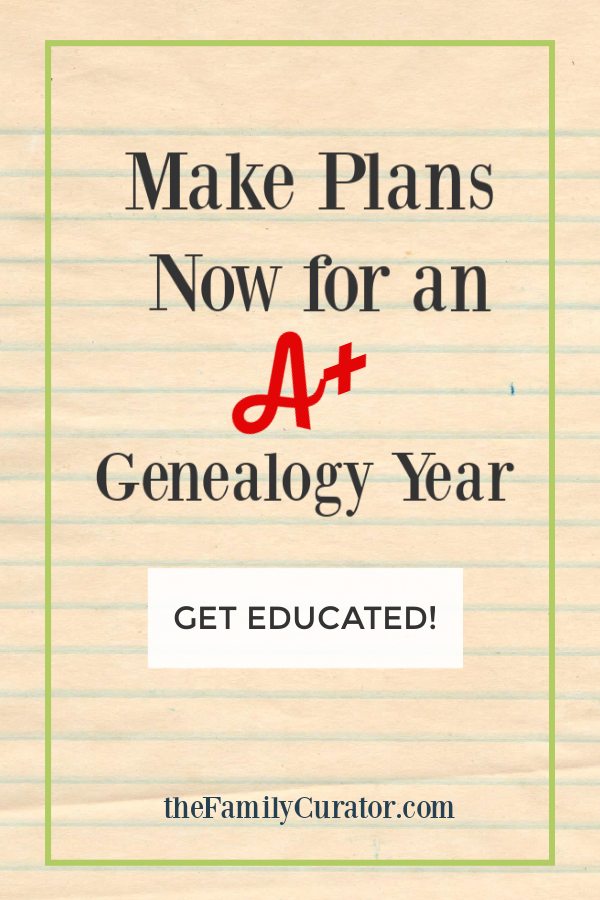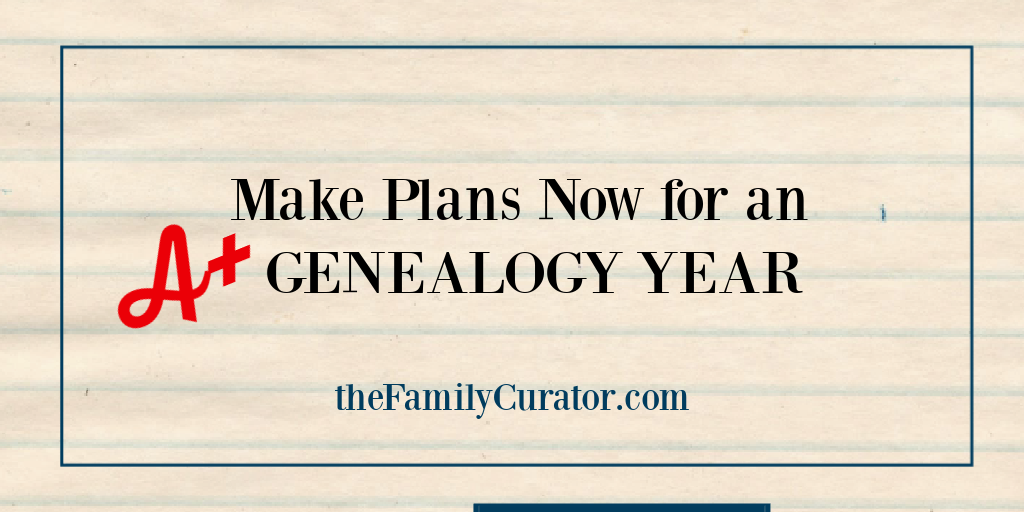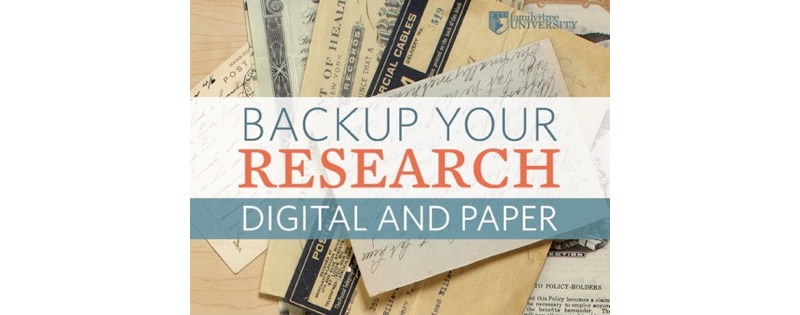Make Plans Now for an A+ Genealogy Year
It’s a new school year and a good time for genealogists to sit down with a calendar to map out an education plan for the coming months:
- What do you need to know to become a better researcher, family archivist and family history writer?
- Can you travel, or is armchair education better for your current lifestyle?
- What’s your budget?
- How much time to you have available?
Whatever your goals, your accessibility, your learning style, or your budget — there are hundreds of educational opportunities to help you become a better genealogist.
Start With a Plan
My Genealogy Education Roadmap includes:.
What I Want to Learn — a simple sentence or two describing my goals.
Potential Educational Resources — a list of opportunities with time required, cost, travel, and outcomes
Target Date — this month, this year, or future long-term goal
What Genealogy Skills Do You Want to Learn?
Make the most of your available genealogy hours by plotting an educational program designed to enrich your skills in a specific area. Viewing hours of webinars is great, but it’s even better when the webinars work together building needed expertise.
For example, beginners might want to seek out webinars and online courses on basic research strategies, filenaming, or selecting and using genealogy software.
Next, focus on understanding how to work with standard record groups such as census records, city directories, vital records, legal records, and immigration records.
Researchers working on specific problems might want to look for educational programs that will help advance their knowledge of ethnic research such as Irish or Italian research, using probate and tax records, or understanding church records.
Chances are, both virtual and in-person classes are available to teach whatever you want to learn.
Genealogy Learning Opportunities
Today’s genealogists can learn anytime, anywhere. But to make the BEST use of time and funds, savvy genealogists will seek out learning experiences that fit their educational plan.
Online Genealogy Webinars
Online webinars are a good place to start learning. Many lectures are presented by national experts for free or a low cost.
Viewing online webinars is a fantastic way to build a core background of skills and information, and can be even more useful when used to help prepare a research plan for specific projects. When I begin working in a new geographic region, I look for online resources that will help me understand the history, landscape, and record availability of the area.
Popular webinar favorites include:
Ancestry Academy (free)
Family Search (free)
Legacy FamilyTree Webinars (free and $)
Many state and regional genealogy societies also offer online webinars. Keep up with new webinars at GeneaWebinars, where you’ll find news about upcoming online events.
Online Genealogy Courses
When you’re ready for more in-depth study of a specific topic, seek out a longer study program through an institute or online program. Traditional genealogy courses run one-week and are held at national institutes throughout the country. (Read more about in-person learning experiences in Part 2 of this article, coming soon.)
Online courses are modeled after the in-person experience and typically offer video instruction, handouts, and message board interaction with an instructor. This can be a good learning experience for researchers who are unable to travel to a conference or institute.
Make the most of your online course by viewing the videos and reading material early in the program. Participate in discussions and ask questions. Some programs are self-paced and non-graded, others include quizzes or graded assignments. Some programs may offer a completion certificate.
Popular programs include:
Boston University, Genealogical Research Certificate ($)
BYU Independent Study Courses (free)
National Genealogical Society (NGS) Courses ($)
University of Toronto, National Institute for Genealogical Studies ($)
Virtual Institute of Genealogical Research ($)
Online Hangouts and Study Groups
For a more personal genealogy experience, consider enrolling in an online study group or attending a scheduled “Hangout” where participants have the opportunity to ask questions and discuss a specific topic.
DearMyrtle, aka Pat Richley-Erickson pioneered the “Hangout” format with the “Mondays with Myrt” program hosted by Pat and Cousin Russ. These online forums are now used by many study groups and meets-ups. Past Hangouts and Study Groups are archived on DearMyrtle’s YouTube Channel.
To Be Continuted: In-Person Genealogy Educational Experiences, including Institutes, Conferences, Seminars, and more in Part 2 of Make Plans Now for an A+ Genealogy Year with In-Person Education
If you like this article, please Share!
Disclosure: Thank you for supporting The Family Curator by shopping with the affiliate links on this website.




Thank you for this post! It can seem easier to just keep doing what you’ve always done. You’ve given me food for thought as to how I can do better and learn more.